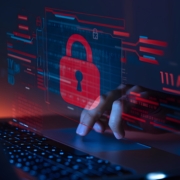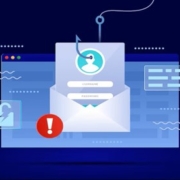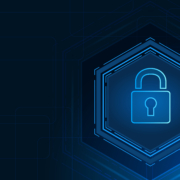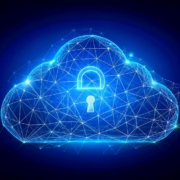Clear the Digital Clutter
A new year is a natural time to reset and refresh. Most people think about cleaning their home, organizing their schedule, or setting new goals. One area that often gets overlooked is the digital space. Just like a cluttered room can weigh on your mind and slow you down, digital clutter can reduce your productivity, cause stress, and even create security risks.
At Remington Computer Services, we believe a clear digital space sets the stage for a more productive year. This blog will help you understand what digital clutter is, why it matters, and how to clear it in simple steps.
What Is Digital Clutter
Digital clutter is any unnecessary or disorganized information, files, or accounts that take up space and distract you from what is important. It can include old files, duplicate photos, unused apps, expired passwords, excessive notifications, and crowded email inboxes.
While digital clutter may feel harmless, it can slow your devices, make it harder to find information, and create confusion when working or studying.
Why Clearing Digital Clutter Matters
Clearing digital clutter has benefits that go beyond saving storage space. It can:
- Improve the speed and performance of your computer or mobile device
- Make it easier to find files and information when you need them
- Reduce stress from digital overload
- Strengthen your security by removing outdated software and old accounts
- Help you focus on what matters most this year
Starting the new year with a clean digital environment can make your digital life feel more organized and manageable.
Simple Steps to Clear Digital Clutter
Here are practical steps you can take to clear digital clutter and start fresh this year:
- Clean Your Desktop and Folders
A crowded desktop can make your computer feel chaotic. Move important files into organized folders and delete anything you no longer need. - Sort Through Your Files
Go through your documents, photos, and downloads. Delete duplicates and files you do not use. Create folders with clear names so you can find things quickly. - Organize Your Email
Old emails can build up over time. Unsubscribe from mailing lists you no longer read. Delete or archive messages that are no longer relevant. Set up folders to organize important topics. - Review Your Apps
Delete apps on your phone or computer that you do not use. Fewer apps can mean better performance and less distraction. - Update Software and Passwords
Update your operating system and software to the latest versions. Change passwords that are weak or outdated. Consider using a password manager to keep them secure and easy to access. - Set Digital Habits for the Year
Make simple habits part of your routine. Set a weekly time to clean up files. Turn off unnecessary notifications. Back up your important data regularly.
How a Clean Digital Space Helps You This Year
A clear digital space allows you to work, learn, and connect without distraction. You will spend less time searching for files and more time focused on the goals you set for yourself. A clean digital environment is also a safer one. By updating software and removing unused accounts, you reduce your risk of security problems.
Starting the new year with an organized digital life is a small step that can make a big difference in your daily routine.
Make This Year More Organized
Clearing digital clutter is a simple but powerful way to begin the new year with intention and clarity. It feels good to work in a clean space. Your computer and devices will run better. You will gain time back in your day. Most of all, you will set yourself up for a year of better focus and more productivity.
If you need help organizing your digital world or improving your technology setup, the team at Remington Computer Services is here to help.
Remington Computer Services has been serving the Rhode Island, Connecticut and Massachusetts area since 2010, providing IT Support such as technical helpdesk support, computer support and consulting to small and medium-sized businesses. Our experience has allowed us to build and develop the infrastructure needed to keep our prices affordable and our clients up and running. Schedule a complimentary consultation today.









